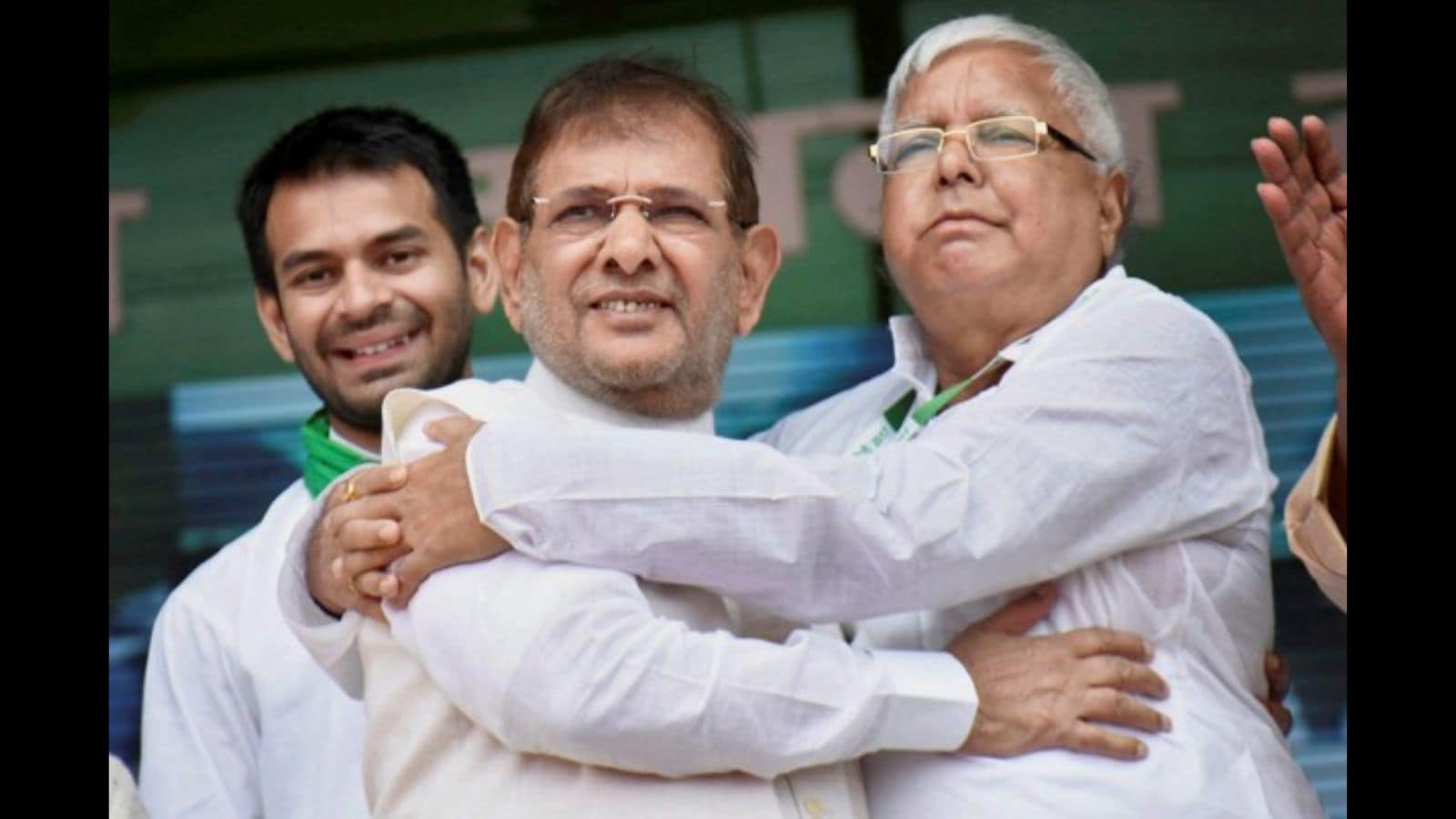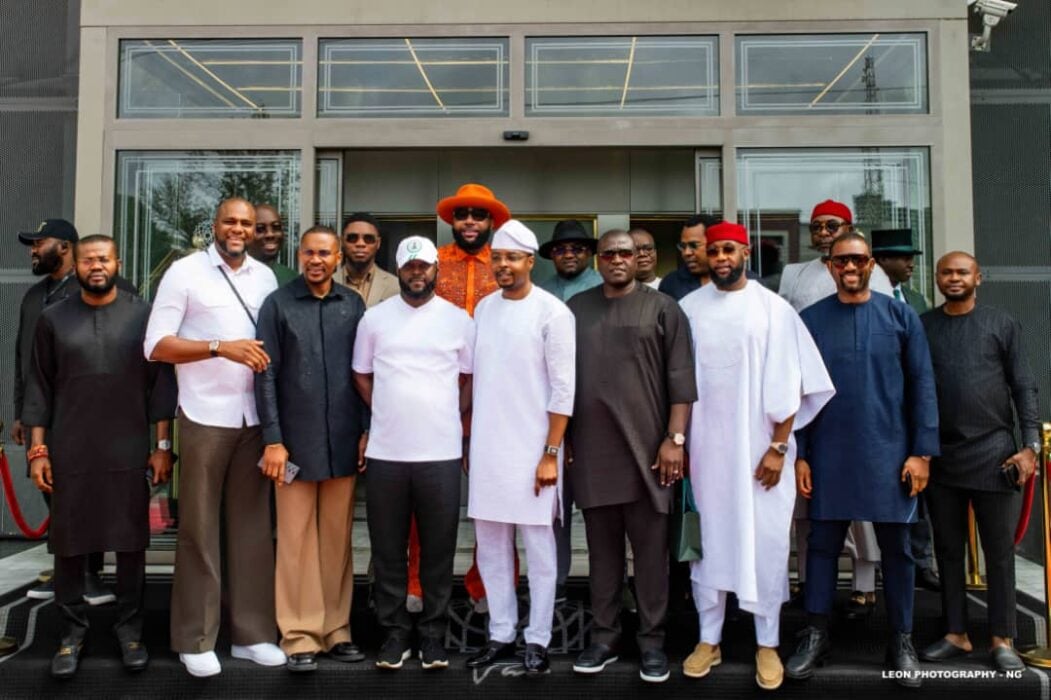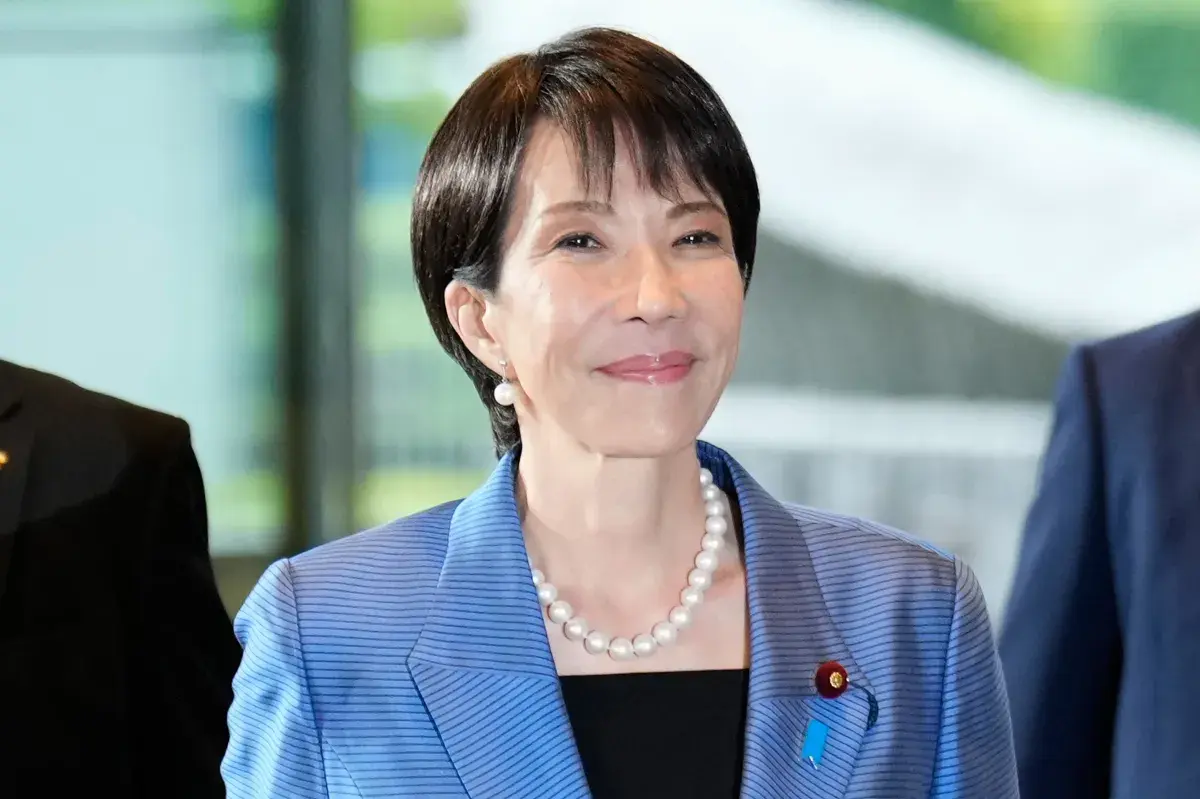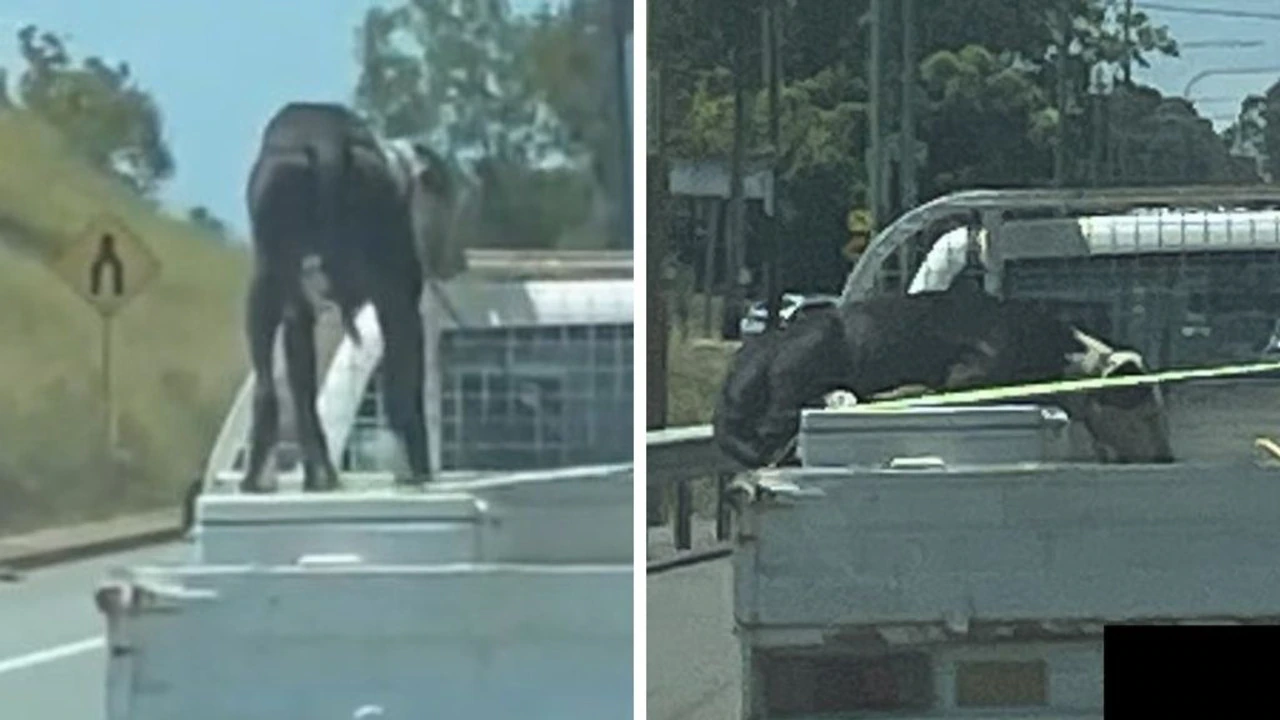Copyright news18

It is difficult to say which way socialism flows today. Yet, leaders claiming the legacy of Ram Manohar Lohia, Jayaprakash Narayan, and Karpoori Thakur remain scattered across political parties. One such leader is Shivananad Tiwari of the Rashtriya Janata Dal (RJD). In a recent emotional social media post, Tiwari recalled his socialist comrade from the 1970s, Sharad Yadav. The reason behind his sentiment lies in Madhepura. Tejashwi Yadav denied the RJD ticket to Sharad Yadav’s son, Shantanu Yadav. Soon after, Tiwari wrote that Lalu Prasad Yadav could have freed himself from Sharad Yadav’s “debt” by offering that seat to his son. When the Janata Dal fell apart in 90s, the fragments of socialism too scattered in all directions. Nitish Kumar walked away with George Fernandes and several grassroots socialists to form the Samata Party. During the fodder scam crisis, it was Sharad Yadav who mounted pressure within the Janata Dal for Lalu to resign as chief minister. Lalu, instead, displayed his trademark defiance and ensured a split in the party, forming RJD. Elsewhere, JH Patel’s Janata Dal faction extended support to Atal Bihari Vajpayee, prompting HD Deve Gowda to create the Janata Dal (Secular). Sharad Yadav, soon after, formed the Janata Dal (United). After some time, Nitish Kumar’s Samata Party merged into it. He stood firmly with Nitish Kumar till 2016, though their parting was as acrimonious as Nitish Kumar’s split with Fernandes. When Nitish Kumar made his first political U-turn in 2017 and returned to the BJP-led alliance, Sharad Yadav revolted. He lost his Rajya Sabha seat and even his official bungalow. From there emerged his new outfit, the Loktantrik Janata Dal. In the 2020 elections, his daughter Subhashini contested from Bihariganj on a Congress ticket—the very party Sharad Yadav had spent decades opposing. She lost, and later Sharad merged his party with Lalu’s RJD. This time around, not Subhashini but her brother Shantanu Yadav was preparing to contest from Madhepura assembly seat. However, Tejashwi picked sitting MLA Doc. Chandrashekar over him. Shatnanu has openly criticised Tejashwi for not heeding to what he said was Lalu’s advice. Shivananad Tiwari revealed that after the denial, he spoke with Shantanu’s mother Rekha, who too was deeply disappointed. But what is this “debt” that Tiwari wants Lalu to repay to Sharad Yadav? To understand that, we must go back to the turbulent months following the 1990 Bihar assembly election. The Janata Dal, then riding on the wave of Mandal politics, won 132 of 324 seats. With CPI’s support, it secured a majority. Lalu Prasad Yadav, newly elected MP from Madhepura, aspired to become chief minister. Confident in his credentials as Leader of Opposition and his proximity to then prime minister VP Singh, he expected little opposition. But New Delhi had other plans. Singh refused to back Lalu. He preferred installing Dalit leader Ram Sundar Das as chief minister, arguing that Lalu was not a legislator. To implement this, he dispatched Ajit Singh, George Fernandes, and Surendra Mohan to Patna. Lalu, unwilling to bow, demanded a legislative party election. He found powerful backing from Devi Lal, who sent Sharad Yadav and Mulayam Singh to campaign for him. Lalu also sought help from Chandra Shekhar, a man once his rival. When the vote took place, there were three contenders—Ram Sundar Das, Lalu Yadav, and Raghunath Jha, fielded by Chandra Shekhar mainly to split votes. The ploy worked. Dalits voted for Das, upper castes backed Jha, and Lalu swept the backward-caste votes. He won by a narrow margin. Ajit Singh was furious. He rushed to meet Governor Mohammad Yunus Saleem in Delhi, urging him not to administer the oath. The governor left Patna, prompting an angry Lalu to chase him to the airport, but the flight had already taken off. Lalu then called Devi Lal, complaining that the Governor had “fled without oath-taking”. Devi Lal intervened and ordered the Governor to return immediately. The drama ended on March 10, 1990, when Lalu Prasad Yadav was sworn in as Bihar’s chief minister at Gandhi Maidan. From that day, Lalu’s politics took deep roots in Bihar, which could not have been possible without the help of Sharad Yadav, who belonged to MP but made Bihar his political turf.



